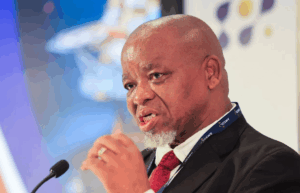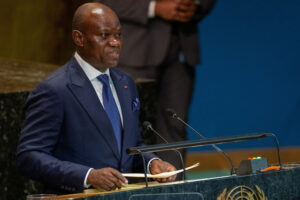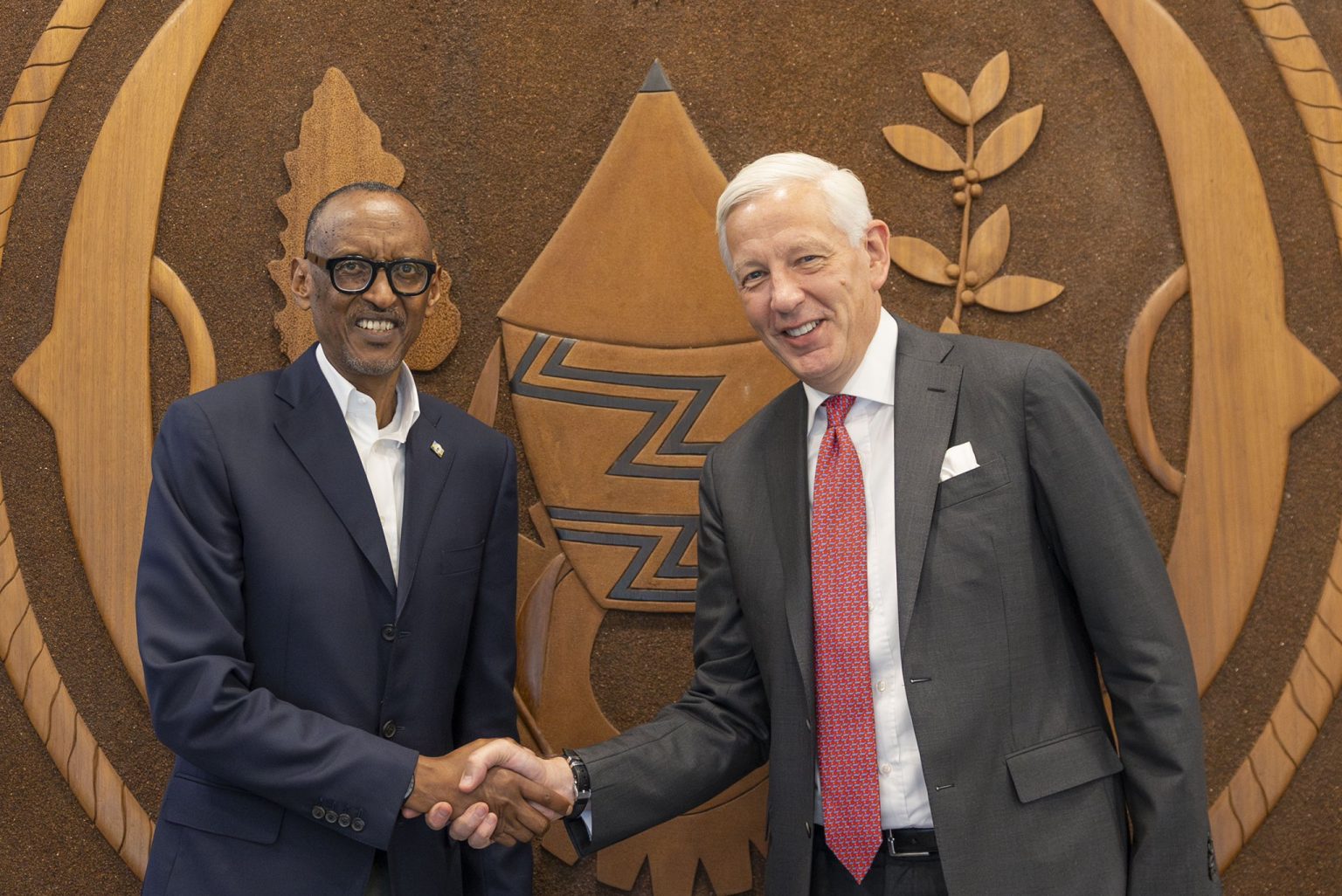Renewable Energy
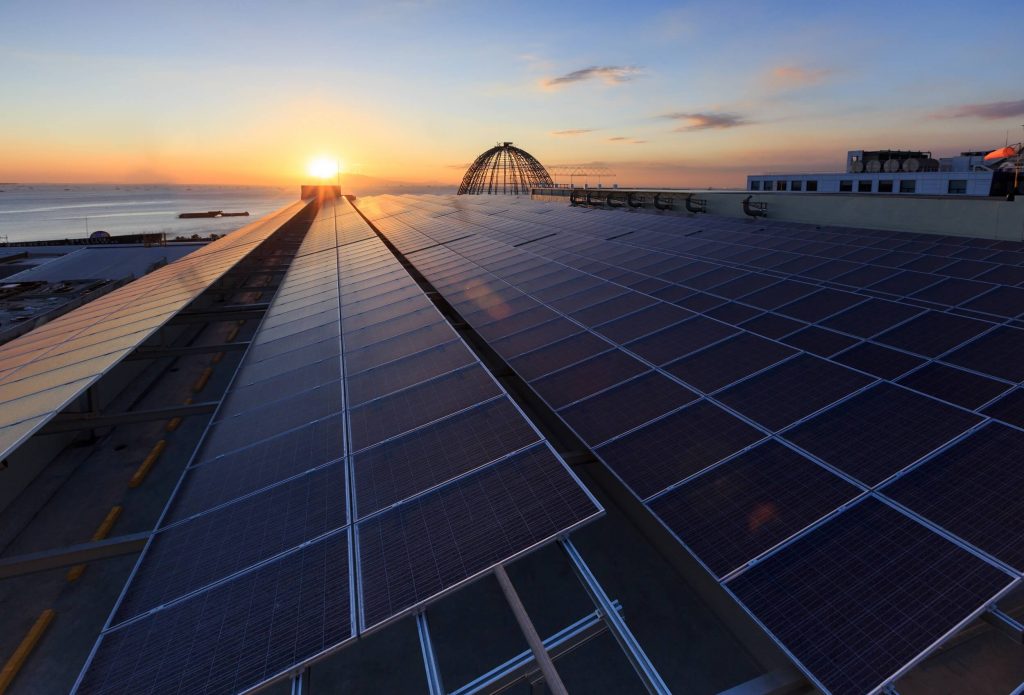
Improved Solar Trade Tariffs with China Fuel Solar Boom
Improved Solar Trade Tariffs with China Fuel Solar Boom
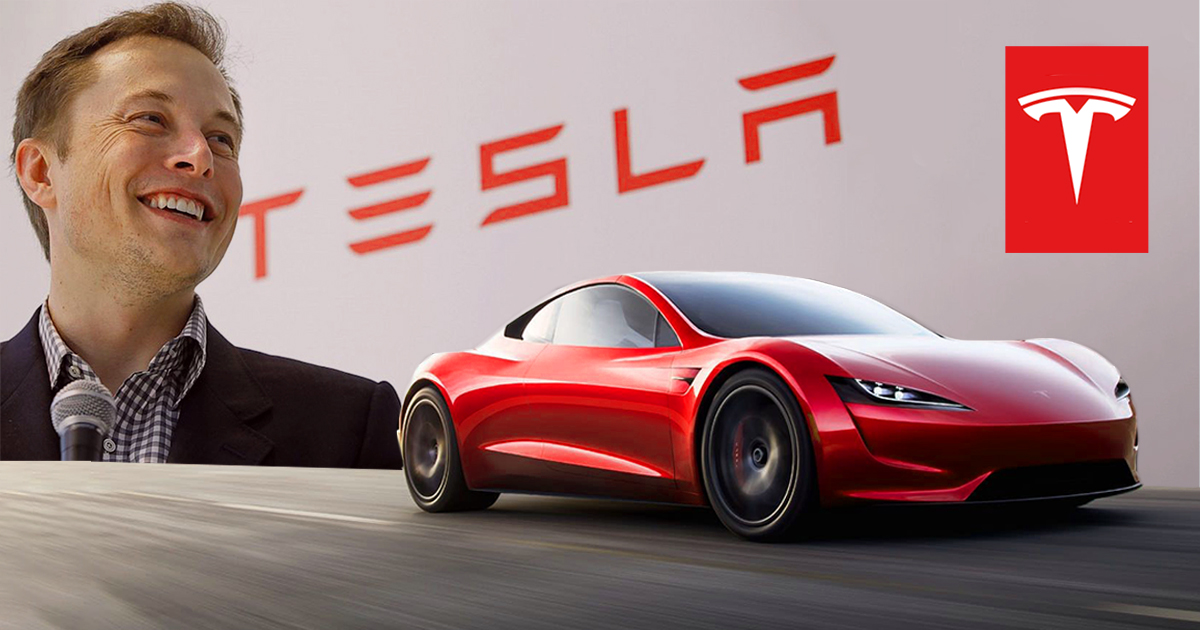
EV Disruption would result in massive job losses in SA.
The world’s largest EV manufacture Tesla has accused the South African Government of protectionist practises with their high tariffs on imported electric vehicles
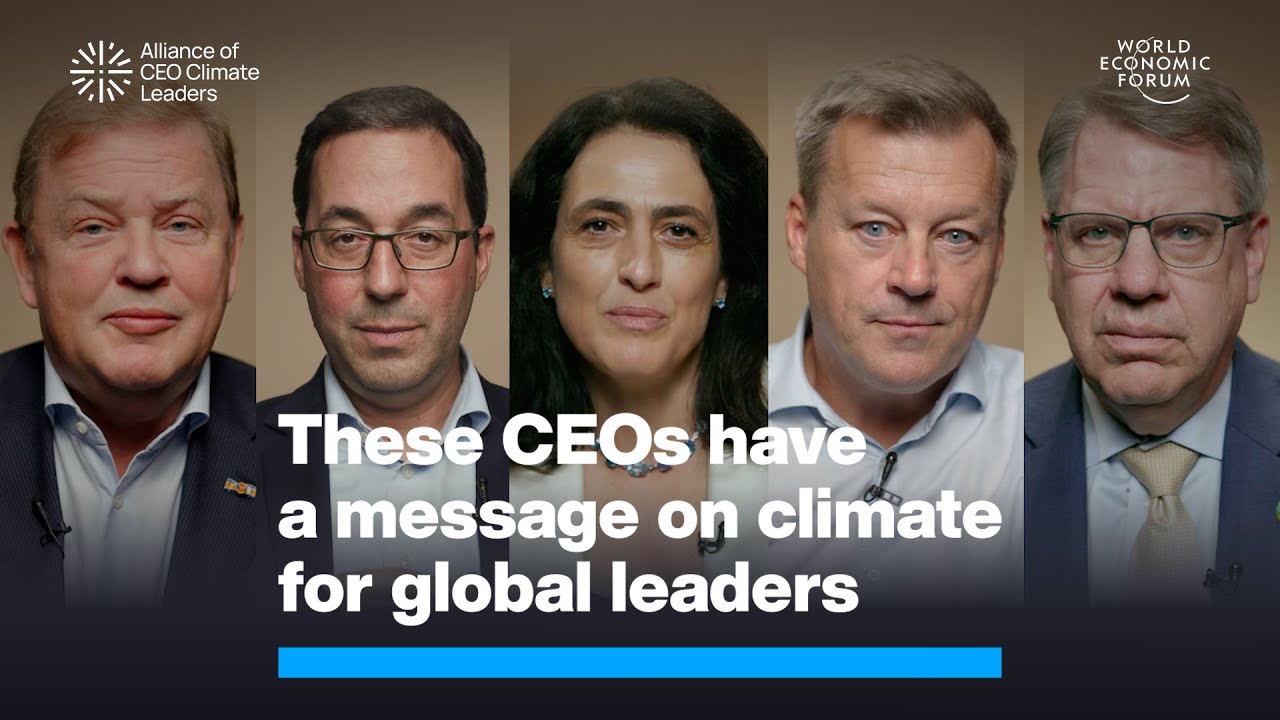
Businesses urged to create shared energy Clusters: WEF
Industrial clusters frequently have little impact due to a lack of coordination and a shared goal among co-located enterprises and governments.

African countries collaborate in ground-breaking BESS consortium.
Several African nations have officially indicated their interest in participating in the innovative Battery Energy Storage Systems (BESS) Consortium, which was launched during COP28. This collaboration has the potential to revolutionize the energy landscape in Africa by fostering advanced energy storage solutions through cooperation and ingenuity. By becoming part of the BESS Consortium, which is…

Just Transition to cost ZAR 6 Trillion-NBI, BUSA, BCG
South Africa’s Just Transition to net-zero by 2050 could cost at least in the region of ZAR 6 trillion
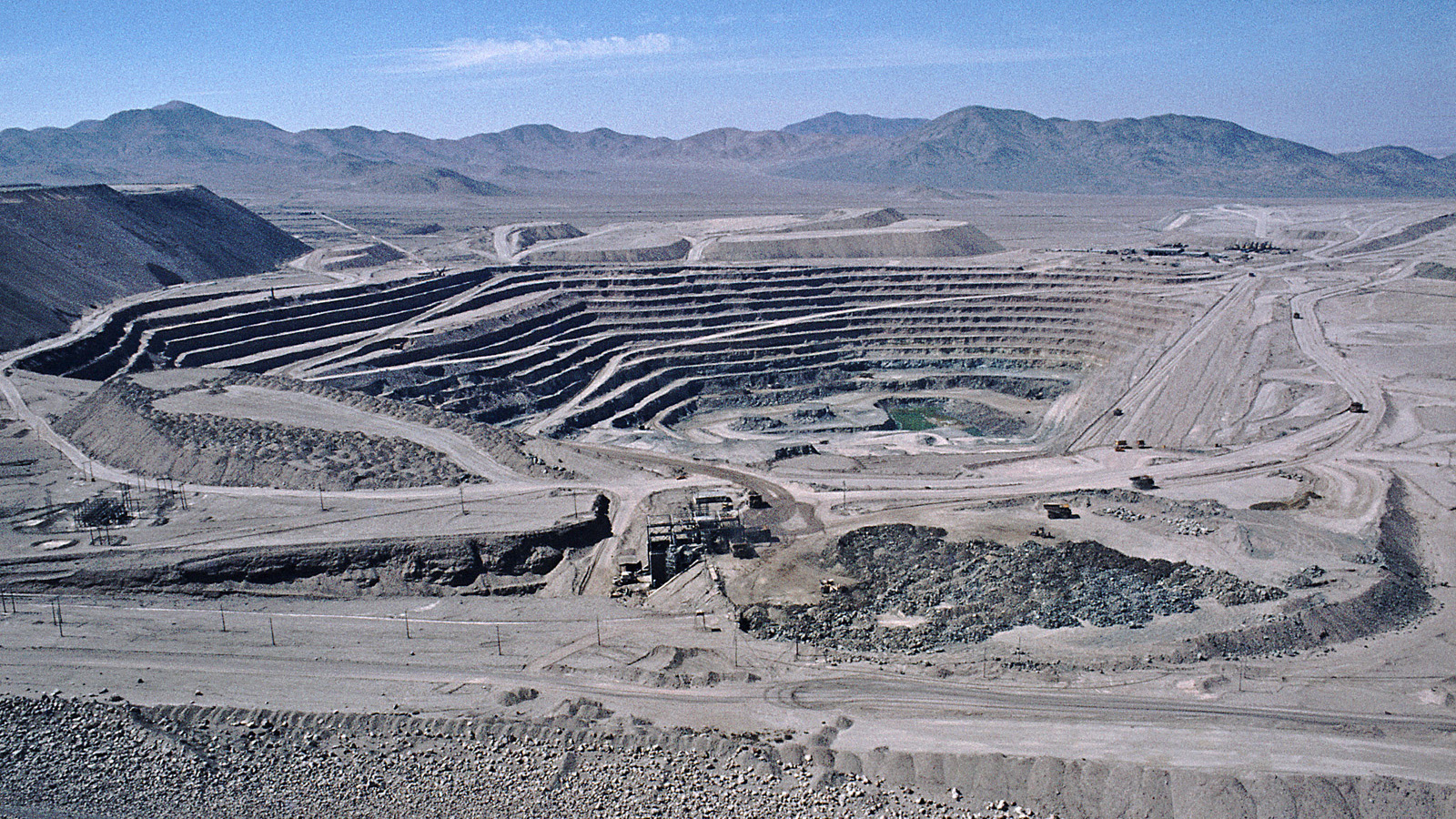
Zimbabwe acts to build downstream Lithium demand
Surge in lithium demand forces Zimbabwe to act.
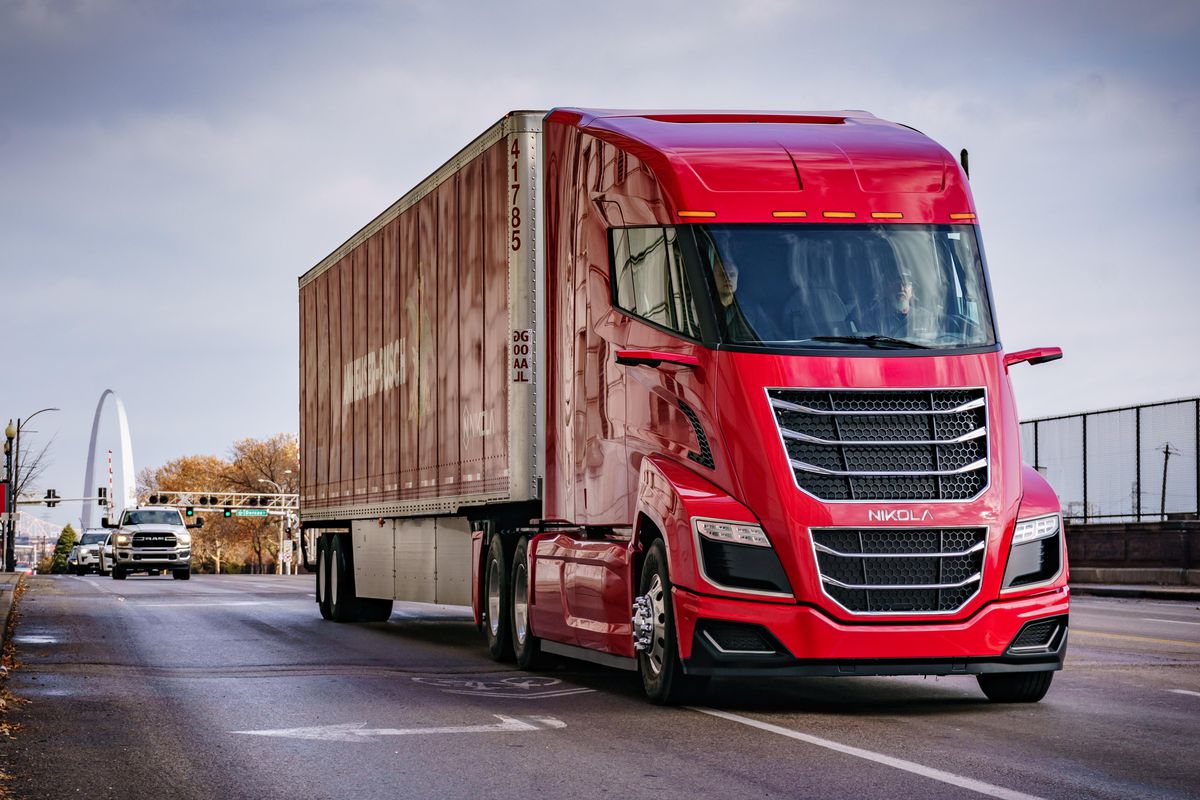
Transportation to benefit widely from green hydrogen
The global campaign to minimise greenhouse gas emissions has highlighted the transportation industry as one of the main producers of carbon gases, necessitating a special focus by sector innovators. Green hydrogen vehicles, pioneered in South Africa with global fanfare by mining giant Anglo through the fuel cell electric vehicle (FCEV) mining truck at Mogalakwena mine,…
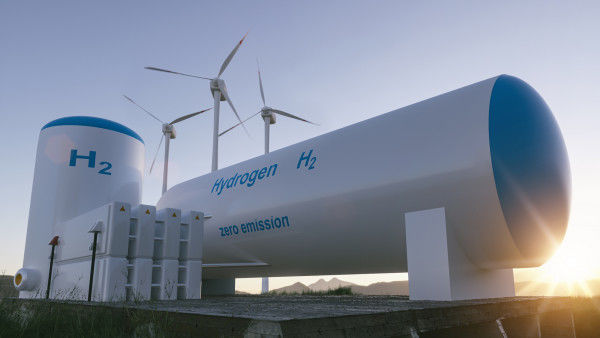
Green hydrogen push gains momentum
South Africa’s massive winds and solar resources are expected to provide the tailwinds of the much-hyped green hydrogen strategy. As the Just energy transition gains momentum in South Africa to alleviate the energy crisis and Government taps into new energy sources, the discussion has accelerated from whether the country has the capacity to generate new…

SA Mining sector commits adopts further climate change mitigations
The Minerals Council of South Africa has reiterated that the mining industry will be proactive in addressing the serious challenges posed by climate change. The MCSA, led by environment head Stephinah Mudau, stated in their virtual meeting with the Portfolio Committee on Forestry, Fisheries, and Environment to discuss the Climate Change Bill that “the South…




